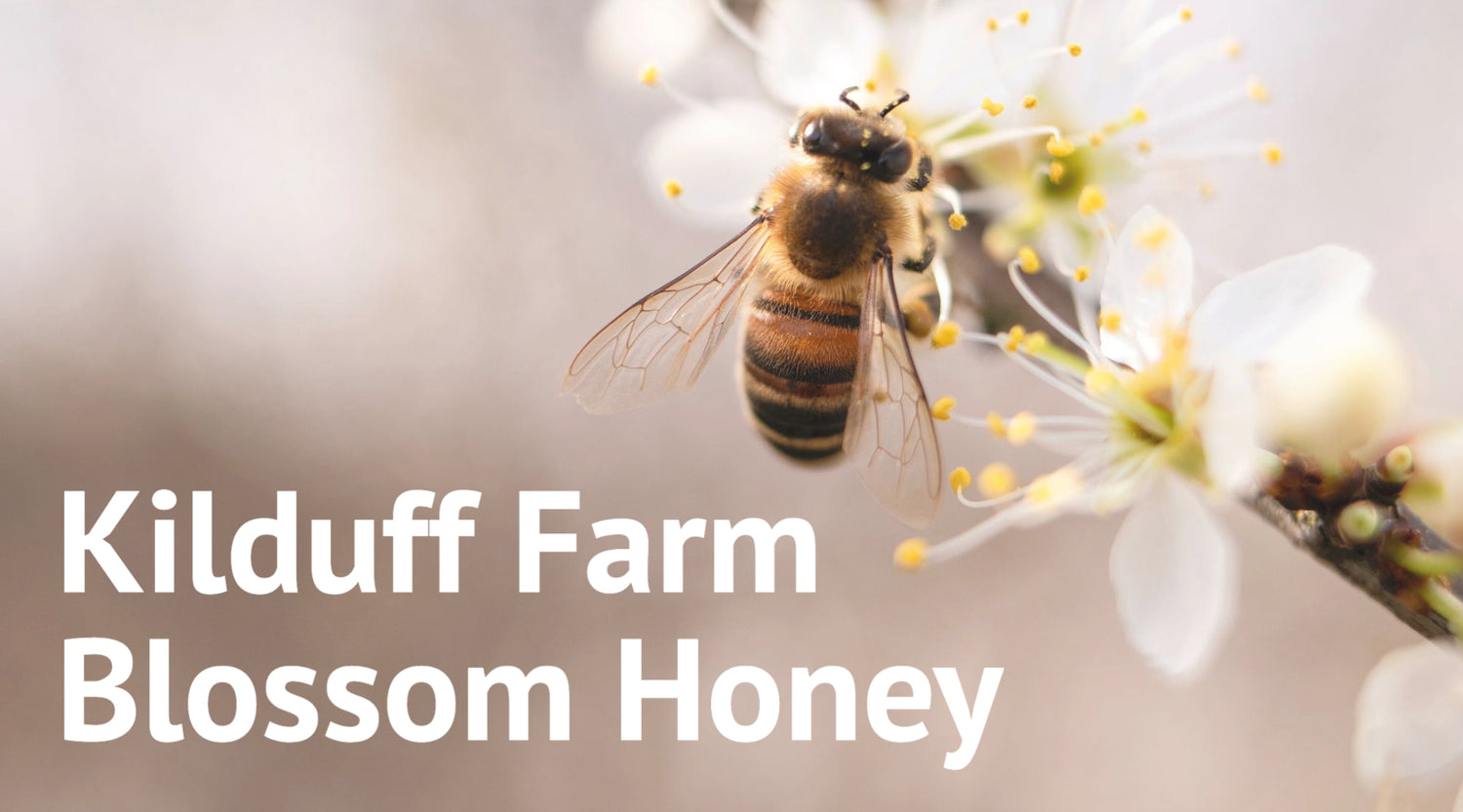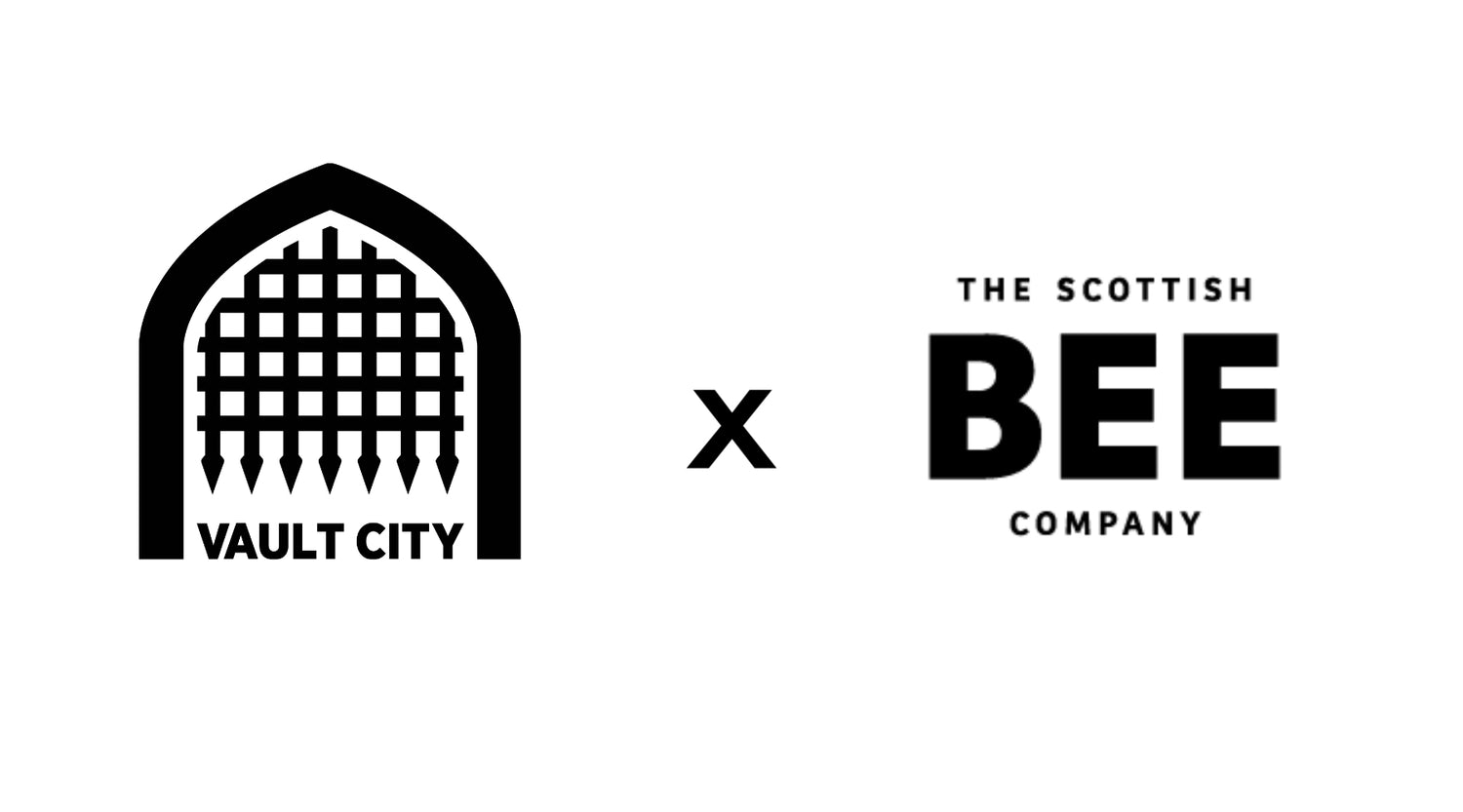You may have seen in the news recently that Scottish Heather Honey has 10x the amount of essential nutrient Manganese than other honeys. A few people have asked why that deems it worthy of the term superfood?
What is a superfood?
A 'superfood' is marketing term used to describe a food that is highly dense in nutrients. It's important to have marketing terms in food as otherwise there would simply be scientific words and not everyone is a scientist. It's useful to find terminology that everyone understands, hence 'junk food' or 'processed food'. However, what is also important is to be careful as just because something is a 'superfood' we can't consume extreme amounts of it. Nuts are 'superfoods' but they are also highly calorific like honey so shouldn't be consumed in high doses. Other examples of superfoods are Ginger, Berries, Turmeric and Avocado.
What is Manganese?
Manganese is an 'essential nutrient' which means that it is something the body requires in order to go about its daily routine. It is essential for the maintenance of normal bones so is important for osteoporosis and bone development. It is essential in normal connective tissue formation. Connective tissue is found throughout the body and is protective and supportive to the nervous system, muscles, joints, etc. Manganese protects the body against oxidative stress, ie it is an antioxidant. Other examples of antioxidants are Vitamin C, Vitamin E, Zinc, Magnesium and Potassium.
Is Scottish Heather Honey a superfood?
We would say so, but then of course we would! It is nutritiously dense and contains Manganese, Calcium, Potassium, Zinc and Magnesium. It has high antibacterial and antimicrobial activity. It contains Vitamin C and B-Vitamins. It also contains flavonoid antioxidants. We are not suggesting you start to eat more than the recommended daily dose of honey. However, when you have your Scottish Heather Honey with your porridge in the morning you can feel confident that you are eating something that is nutritiously dense with 10 x the amount of Manganese than other honeys. It is good for normal bone formation, good for you and with 10p from every jar being donated to Repollinate, good for the environment!
We would love to hear your comments below. We are always trying to learn more so please feel free to reach out.






